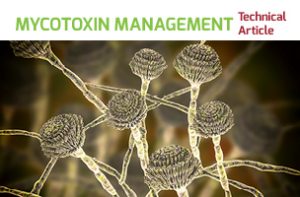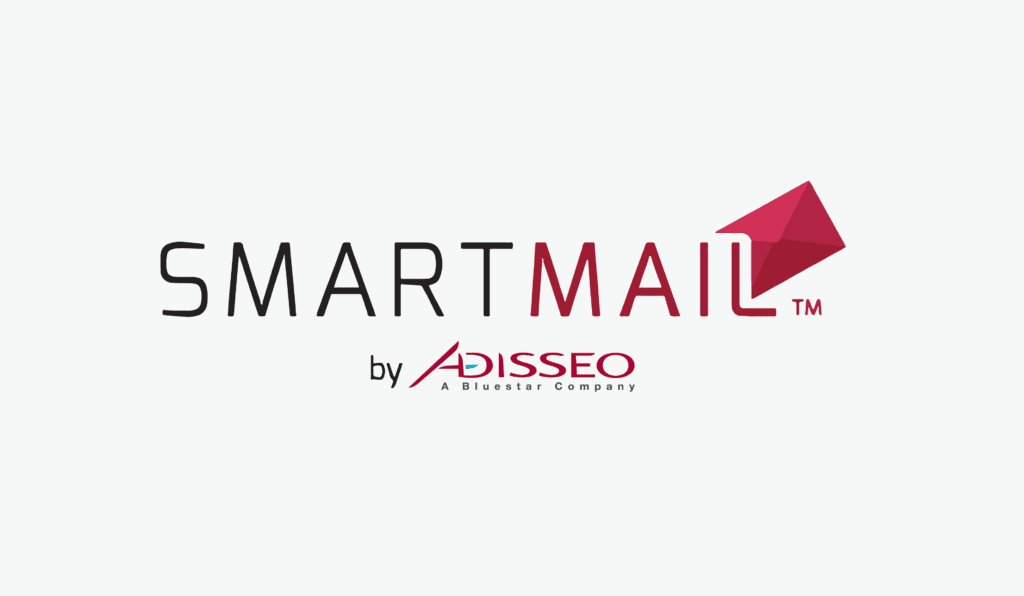
Grain is an important and significant source of contamination in the food chain and it also carries the risk of the consumers being exposed to toxins. It is vital to the quality of feed to safely manage the storage of material components. Several strategies can be adopted to control the growth and development of molds, and hence reduce their effects on the quality of feeds and feed material, and on animal performance.
Potential hazards (insects, molds, mycotoxins etc.)
Some solutions to control contamination of grain storage
- Reducing the risk through biosecurity or prevention of the hazard from arriving on-site.
- Conducting point-in-time controls, such as thermal processing during pelleting, irradiating feeds and feed materials during processing, and by utilizing appropriate storage.
Many of the problems can be alleviated if the feeds and feed material are stored in clean and well-ventilated silos.
The use of chemicals, such as mold inhibitors, to control molds and any further accumulation of mycotoxins. - Using preservatives in the feeds and feed materials to provide protection.
Molds can grow over a wide range of temperatures and, in general, the mold growth rate decreases as the temperature and water availability decrease. Generally speaking, the higher the moisture content is, the more susceptible the grain to mold deterioration.
Treatment Program for Feed and Feed Material developed by Adisseo.
A practical and widely used method to control mold in stored feeds and feed material. This Program, with Mold-Nil®, has been developed and approved for the safe storage and management of the feed material used in animal feeds. It contributes to the production of a hygienically safe food supply for the consumer.
Mold-Nil®, available in both liquid and dry forms, is uniquely formulated with a synergistic buffered blend of organic acids for the effective inhibition of molds. The use of Mold-Nil® is a well-established practice for preserving feeds and feed materials from mold growth, whereby the nutritive value is stabilized and safe-handling is ensured throughout long-term storage.
- Retarding spore germination
- Inhibiting mold growth
- Decreasing mycotoxin production
Read more on how Mold-Nil Liquid works effectively in inhibiting mold growth.
https://www.adisseo.com/en/mycotoxin-management-secure-storage-adisseo/





